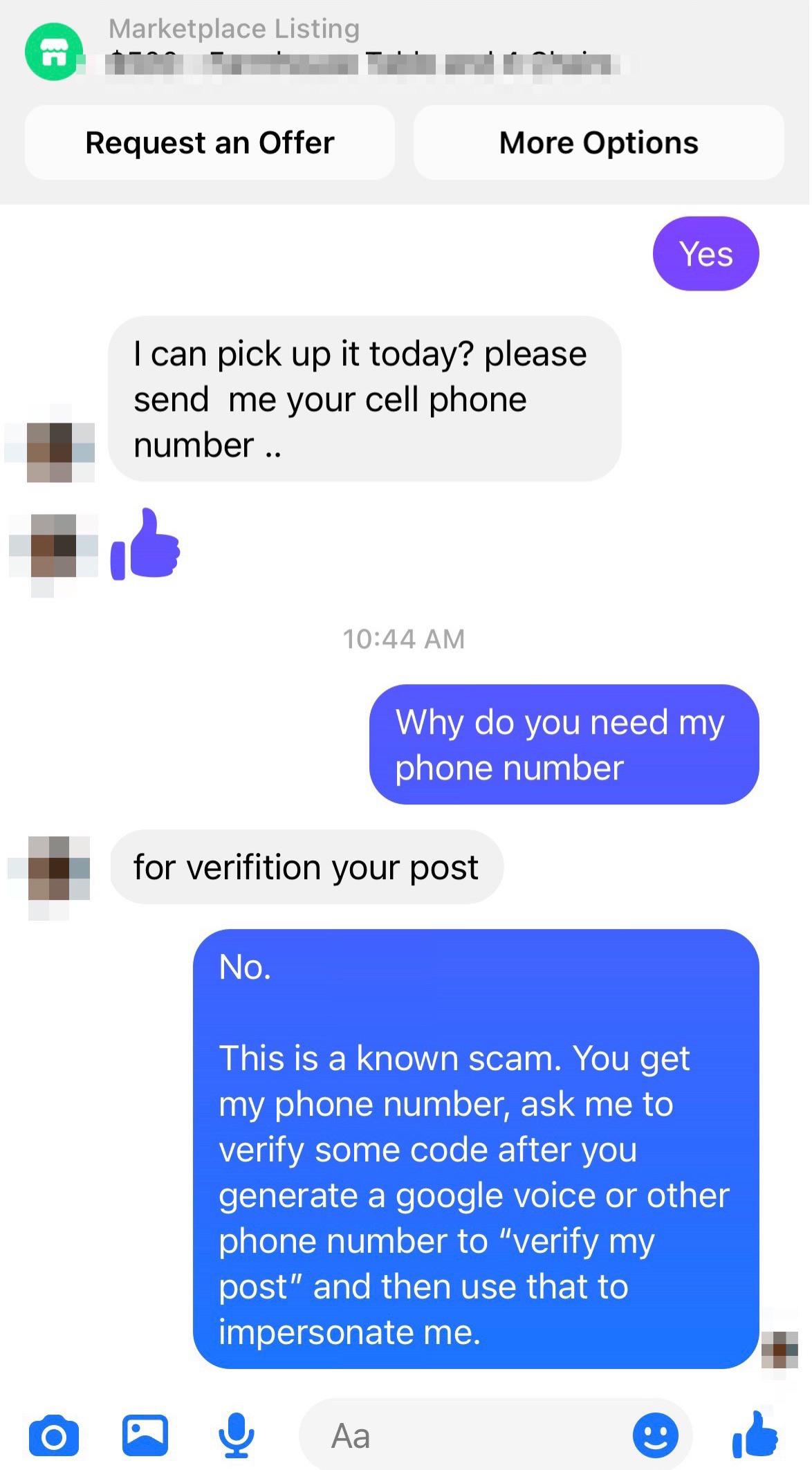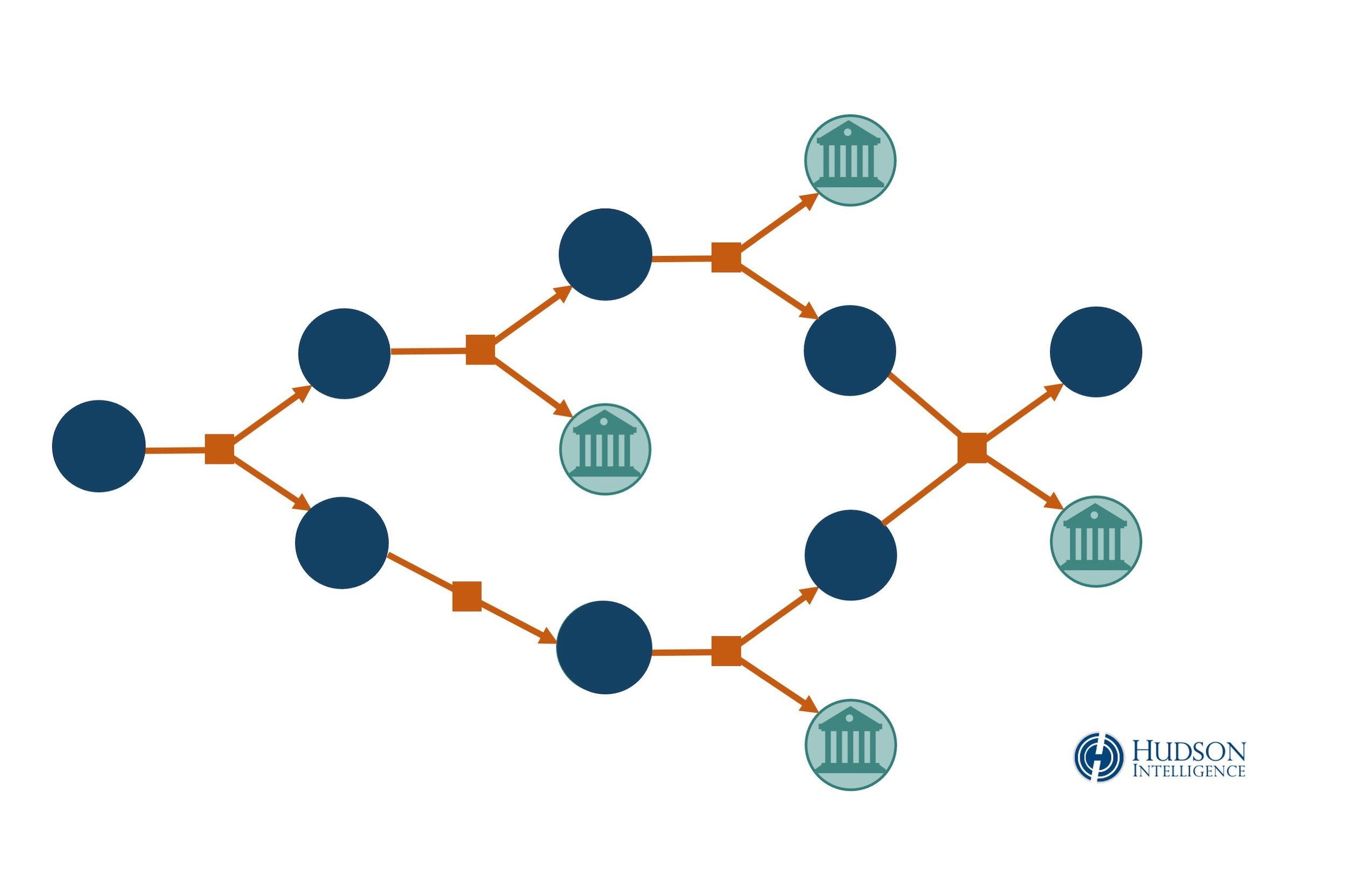
The Rise of Scams on Facebook Marketplace: What You Need to Know
In the ever-evolving landscape of online marketplaces, Facebook Marketplace has emerged as a prominent player, offering users a platform to buy and sell a wide range of products. However, as the platform’s popularity has grown, so too have concerns about fraudulent activities and scams targeting unsuspecting users.
The Evolution of Facebook Marketplace
Launched in 2016, Facebook Marketplace initially aimed to facilitate local transactions between neighbors, akin to a virtual garage sale. Over time, the platform expanded its reach, allowing users to engage in buying and selling activities with individuals from around the world. One key differentiator for Facebook Marketplace was the integration of user profiles, providing a sense of credibility and trust among participants.
The Surge in Fraudulent Listings
Despite its early success, Facebook Marketplace has recently faced a surge in complaints related to fraudulent listings and scams. Sellers have reported encountering fake buyers exhibiting bot-like behavior, attempting to lure them into off-platform transactions. Additionally, buyers have fallen victim to counterfeit products and non-existent items, highlighting the growing sophistication of online scams.
Understanding the Fraud Landscape
Experts attribute the rise in fraudulent activities on Facebook Marketplace to the platform’s increasing popularity and the ease with which bad actors can exploit its features. The prevalence of fraudulent listings underscores the need for users to exercise caution and vigilance when engaging in transactions on the platform.
Mitigating the Risks
To protect themselves from falling victim to scams on Facebook Marketplace, users are advised to scrutinize seller profiles for red flags such as missing profile pictures, recent account creation, and lack of reviews. Additionally, users should be wary of repetitive messaging patterns, requests to move transactions off-platform, and offers that seem too good to be true.
Meta’s Response and User Protections
Meta, the parent company of Facebook, has implemented tools to report fraudulent sellers and offers limited purchase protections through its payment platform, Meta Pay. However, users are encouraged to take proactive measures such as verifying product authenticity, avoiding high-value deposits, and conducting in-person inspections before finalizing transactions.
Conclusion
As the digital marketplace continues to evolve, users must remain vigilant against the growing threat of online scams. By staying informed, exercising caution, and leveraging available security measures, individuals can navigate platforms like Facebook Marketplace safely and securely.











